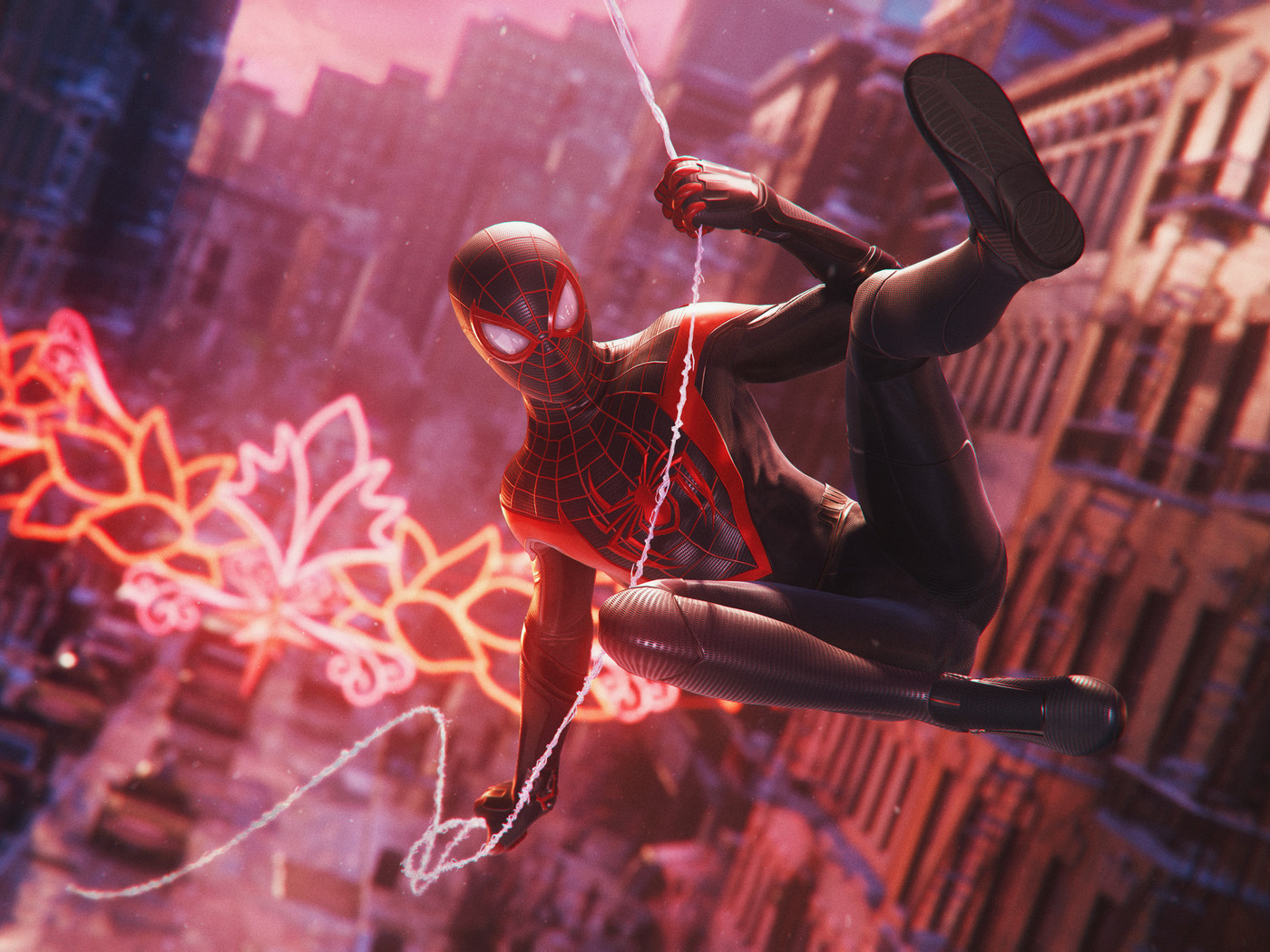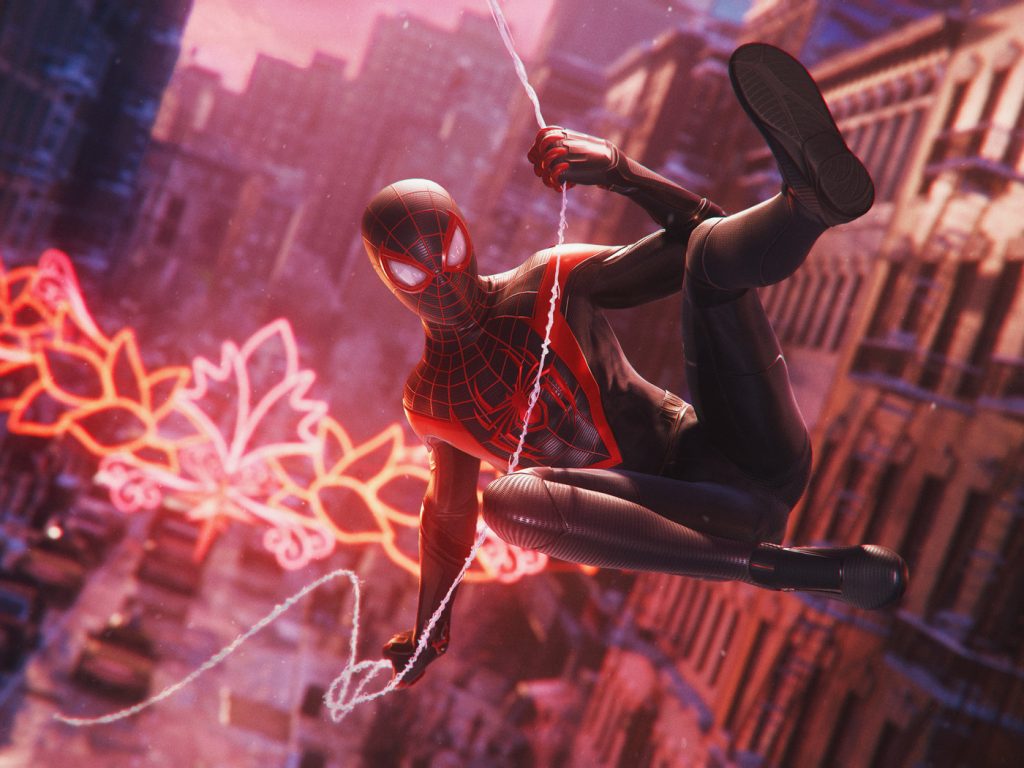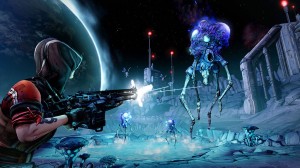It’s impossible to overstate how successful the PlayStation brand had been. The original PlayStation debuted at a time when Sega and Nintendo seemingly controlled the video game industry. Over the years, though, the PlayStation became so popular among such a wide audience that many still use “PlayStation” as the shorthand for gaming itself.
Yet, you could argue that the PlayStation 4 was Sony’s most successful console yet. It didn’t sell as many units as the PlayStation 2, but PlayStation 4 so clearly dominated its immediate competition (Wii U and Xbox One, at the time of its release) that it’s hard to imagine not owning a PS4 sometime over the last seven years.
You have to attribute much of the PS4’s success to its exclusives. The fact of the matter is that if you want to play some of the best games released in the last 10 years, you’ll need a PS4 to do it. For quite some time, we’ve had a hard time thinking of a better selling point.
Now, though, there are reasons to suspect that the PlayStation 5’s exclusives won’t be enough.
For the last few years, Microsoft has offered things that Sony simply has not. While Sony has caught up with a few of those things (cross-play, for instance), Microsoft remains ahead of them in some increasingly key areas (most notably, backward compatibility and subscription gaming services). Through it all, though, Sony has had the exclusives.
However, Microsoft recently revealed that the next-gen Xbox Series S will launch with a very generous $299 price tag. Even the most conservative estimates suggest that the all-digital edition of the PlayStation 5 will cost $400. Granted, it’s probably also more powerful than the Xbox Series S, but as we’ve talked about before, price tag shock is very much a factor when people are buying next-gen consoles.
Still, you could make the argument that the strength of the PlayStation brand (which very much includes PlayStation exclusives), will ultimately win the day. That is until you account for a few additional factors.
First off, there’s a very good chance PlayStation exclusives won’t be quite as exclusive as they once were. Horizon Zero Dawn is already on PC, and Sony intends to port more games to PC in the coming years. It’s good for consumers, but that move naturally gives you a non-PlayStation console way to play PlayStation Studios games.
Second, it makes sense that the development of PlayStation exclusives will be slowed somewhat by the COVID-19 pandemic. While games like Spider-Man: Miles Morales and Ratchet and Clank: Rift Apart will likely be released no later than early 2021, it stands to reason that the influx of PlayStation exclusives won’t be quite as quick and aggressive as it has been in the past.
The real potential problem for Sony here, though, is their approach to the future. The PlayStation 4 thrived because of its simple design, clear message, and old-school exclusives, while Microsoft bet early on that the times are changing. The years have proven that Microsoft was right in most respects. Digital gaming has only grown, backward compatibility is starting to feel very important, and people really do crave a Netflix for gaming.
Sony has the resources and experience to catch-up in all of these areas, but for the first time in a long time, we’re starting to see the ways that Sony has fallen behind. If the cheapest PlayStation 5 is indeed notably more expensive than the Xbox Series S, there’s a very good chance more people will start seeing the flaws in Sony’s plan very soon.
To be honest, the odds are good that you’ll still need a PlayStation 5 if you want to play some of the best games released in the next five years. While that may be enough to help the PlayStation 5 win the sales war, Sony’s shortcomings could ultimately ensure the PS5 never replicates the PS4’s sales success.





